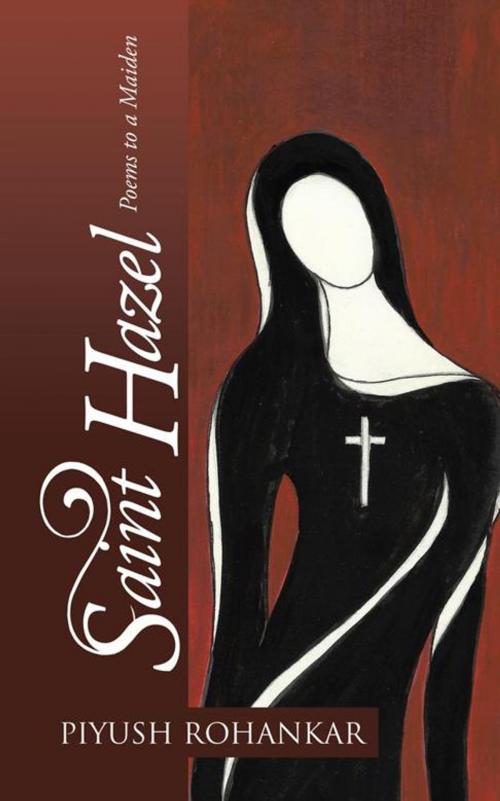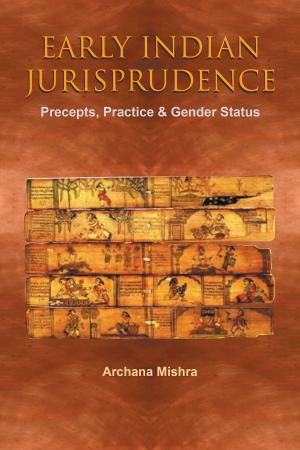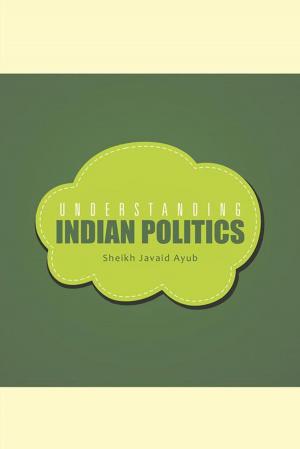Saint Hazel
Poems to a Maiden
Nonfiction, Entertainment, Music, Fiction & Literature, Poetry, Romance| Author: | Piyush Rohankar | ISBN: | 9781482800821 |
| Publisher: | Partridge Publishing India | Publication: | May 24, 2013 |
| Imprint: | Partridge Publishing India | Language: | English |
| Author: | Piyush Rohankar |
| ISBN: | 9781482800821 |
| Publisher: | Partridge Publishing India |
| Publication: | May 24, 2013 |
| Imprint: | Partridge Publishing India |
| Language: | English |
ROHANKAR is a compatriot, a companion and a connoisseur of a wide range of arts.
The Poet envisions his emotions with great pizzazz and channels them through a variety of media. His mind churns out tunes of melancholy and echoes them on a pile of flat-woods.
This book is an urn to the flowers growing out of ashes that were his days while cast away into the valley of Seytan disguised as a nymph.
Temptation and devotion, emotional molestation and simplified perplexity, anxiety and sacrifice, helpless arrogance and selfless indulgence are all painted on hectares of cotton fields like blood rain. These are the themes laid down throughout the pages of this love note.
Furthermore, the metaphorical range that this collection encompasses is staggering. It tends to delve into the darker corners of a readers mind. But, at the same time, it gives a clear sense of hope for hopeless romanticism.
ROHANKAR succeeds in wandering off even beyond the horizon of his own unique visceral literary style. Going by the final set of wordplay, it is quite safe to assume that this convincing piece of work is just a verbal foreplay, a predecessor to, hopefully, a series of tributes to Nietzschean affirmation.
ROHANKAR is a compatriot, a companion and a connoisseur of a wide range of arts.
The Poet envisions his emotions with great pizzazz and channels them through a variety of media. His mind churns out tunes of melancholy and echoes them on a pile of flat-woods.
This book is an urn to the flowers growing out of ashes that were his days while cast away into the valley of Seytan disguised as a nymph.
Temptation and devotion, emotional molestation and simplified perplexity, anxiety and sacrifice, helpless arrogance and selfless indulgence are all painted on hectares of cotton fields like blood rain. These are the themes laid down throughout the pages of this love note.
Furthermore, the metaphorical range that this collection encompasses is staggering. It tends to delve into the darker corners of a readers mind. But, at the same time, it gives a clear sense of hope for hopeless romanticism.
ROHANKAR succeeds in wandering off even beyond the horizon of his own unique visceral literary style. Going by the final set of wordplay, it is quite safe to assume that this convincing piece of work is just a verbal foreplay, a predecessor to, hopefully, a series of tributes to Nietzschean affirmation.















